detail profile blanka m c3 a9sz c3 a1ros
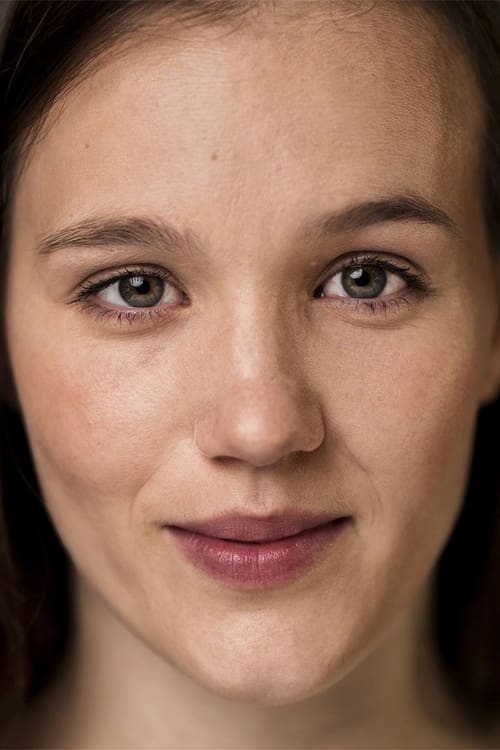
Info Pribadi
Peran Yang Di Mainkan Blanka Mészáros
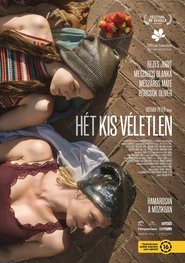 Gertrd is a middleaged music teacher...
Gertrd is a middleaged music teacher...Small Coincidences 2021
Gertrúd is a middle-aged music teacher. She lives with her art-restorer husband and their teenage son. She is weary of family life, and her relationship with her husband leaves much to be desired. Gertrúd’s settled world is turned upside down when a former student of hers, the beautiful Albán, suddenly shows up. Her presence prompts questions about the past, present, and future. Reality, memories and dreams intermingle dangerously, and the old family roles slowly begin to change. “I wanted this film to be like an enchanted box full of stories and surprises”, Péter Gothár explains. “Its drawers are meant to open in a mysterious rhythm, offering joy and food for thought. First, there was the music of Bartók, which then became the film's main organizing element. It formed around the music – this whole family story full of love and irony”.
 In 1849 the liberation war against the...
In 1849 the liberation war against the...Guerilla 2019
In 1849, the liberation war against the Habsburg Empire is close to its end in Hungary. Having hidden from military draft, Barnabás leaves his hometown and walks across the country to find and save his wounded brother who has been hiding with a guerilla group deep in the forest. Despite their exhaustion, lack of food or information, they are still fighting for their cause. Barnabás finds his brother alienated and distrustful. The tension between the boys further increases when they turn out to be attracted to the same nurse in the camp. Hoping he can earn his brother's trust and take him home, Barnabás decides to stay and lie about his past. In the meantime, he has to face the cruelty of war.
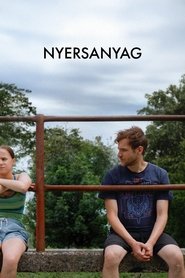
 Set in 19th century Vienna Ignac...
Set in 19th century Vienna Ignac...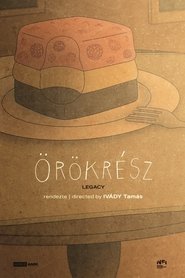 A woman has lost her grandmother...
A woman has lost her grandmother...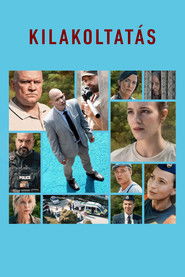 A young court bailiffs first eviction...
A young court bailiffs first eviction...
 Wellhello is a Hungarian music band...
Wellhello is a Hungarian music band...